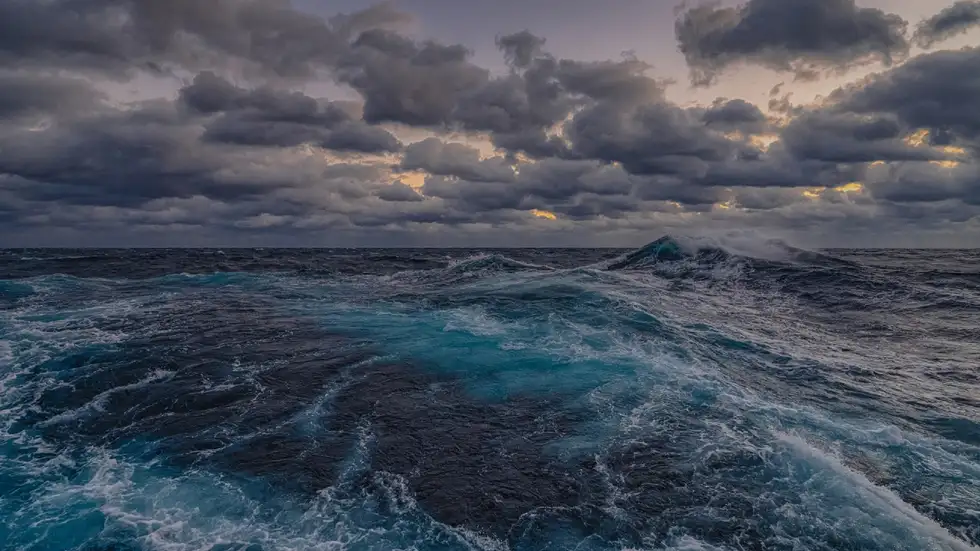
Vancouver Island Earthquake Swarm: Birth of New Ocean Crust Revealed by Nearly 2,000 Tremors
- by dgihost.com
Canada’s Vancouver Island experienced an extraordinary event earlier this month, with nearly 2,000 earthquakes rattling the region in a single day. However, far from being a cause for alarm, this seismic activity offers a fascinating glimpse into the geological processes shaping our planet.
Situated roughly 240 kilometers offshore on the Juan de Fuca Ridge, the Endeavour site witnessed a flurry of tremors, sparking curiosity among scientists and researchers. Unlike destructive earthquakes, these tremors were relatively minor, mostly registering below a magnitude of one. Zoe Krauss, a doctoral candidate in marine geophysics at the University of Washington, explains that mid-ocean ridges like the Juan de Fuca Ridge typically produce smaller earthquakes.
The seismic activity at the Endeavour site is a result of seafloor spreading, a process where tectonic plates slowly drift apart, creating new ocean crust. As the plates stretch, faults form, allowing magma from the Earth’s mantle to rise and solidify, forming new crust. The recent earthquake swarm suggests that the seafloor at the Endeavour site may have reached a critical point, triggering these tremors.
While the seismic activity may seem alarming, it provides scientists with valuable insights into ocean floor formation. The Endeavour site has been monitored by the North-East Pacific Time-series Undersea Networked Experiments (NEPTUNE), offering researchers real-time data on magma intrusion events. This unprecedented access to data opens new avenues for understanding the dynamic processes shaping our planet.
For Krauss and her colleagues, the earthquake swarm raises intriguing questions about the impact on the surrounding ecosystem and the source of the magma. Far from being a cause for concern, these tremors offer a unique opportunity to study the complex interactions that drive geological phenomena.
In conclusion, the earthquake swarm on Vancouver Island serves as a reminder of the Earth’s ever-changing landscape and the importance of continuous scientific exploration. As researchers delve deeper into the mysteries of our planet, they uncover valuable insights that enhance our understanding of the natural world.
Canada’s Vancouver Island experienced an extraordinary event earlier this month, with nearly 2,000 earthquakes rattling the region in a single day. However, far from being a cause for alarm, this seismic activity offers a fascinating glimpse into the geological processes shaping our planet. Situated roughly 240 kilometers offshore on the Juan de Fuca Ridge, the…